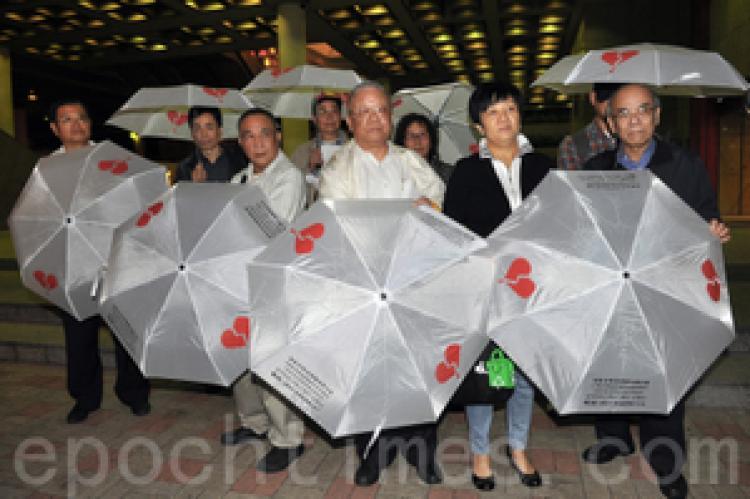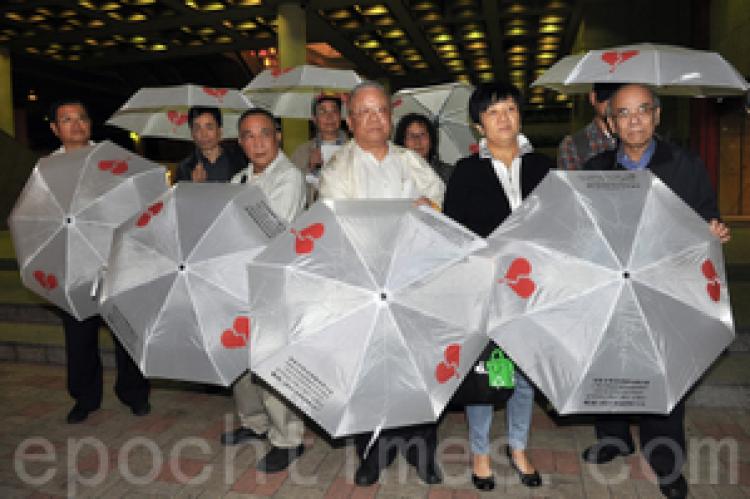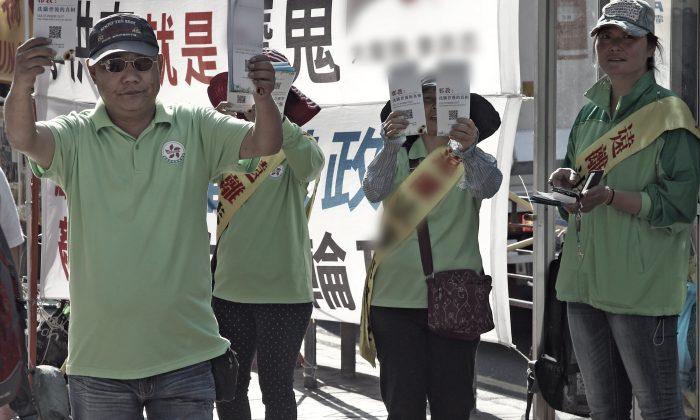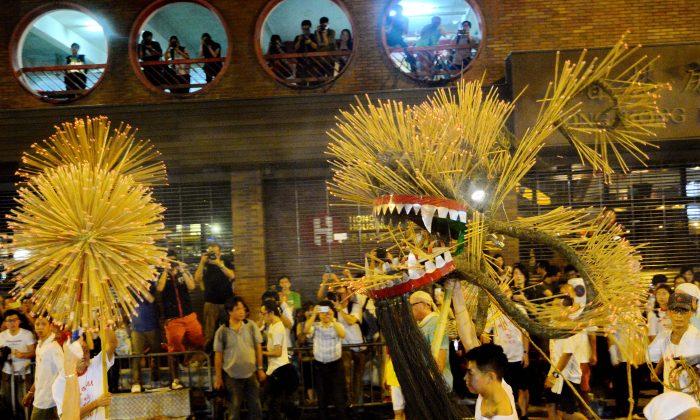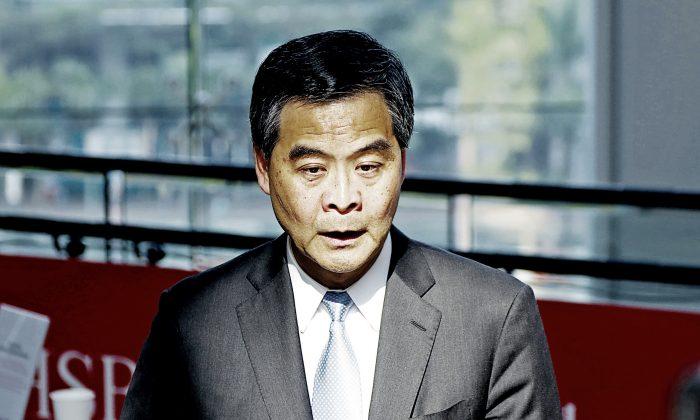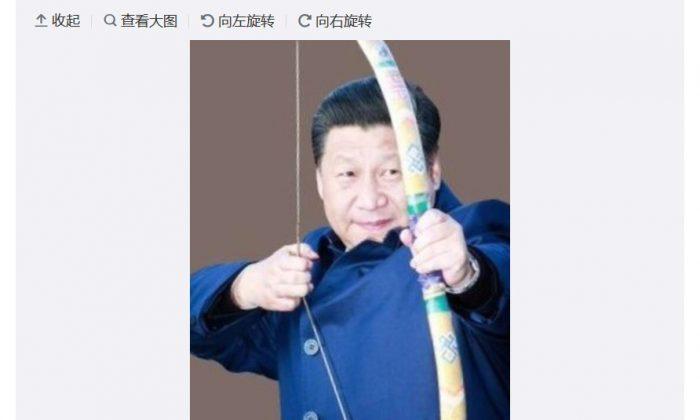The five members of the Hong Kong Alliance in Support of Patriotic Democratic Movement in China, and nine members of the Hong Kong (China) Investment Rights Concern Group, say that Macau officials are coordinating with the Chinese Communist Party (CCP) to suppress human rights activists.
Six of the investors were immediately stopped by Macau customs, while the other three entered but were later arrested. All five members of the democratic movement were nabbed directly.
Blacklist Extends to Macau
Lu Weiping, the chairman of the Concern Group, was extremely frustrated with the explanation she was given about their denial of entry: “They said, ‘We have no explanation to give you, no other way to tell you, we received orders from higher up and we were told to refuse you.’”
She felt that she and her colleagues were treated unjustly: “We went to Macau to peacefully deliver a petition, but, right from the start they treated us like criminals. We were kept surrounded by several police officers, and we were followed even while going to the restroom. Our most fundamental rights and dignity were insulted.”
Lu argued that Macau authorities are obviously coordinating with CCP officials, and working from a blacklist they supplied. Since none of the individuals have committed any crimes, the only reason they would appear on a blacklist must be political, she surmised: “If mainland China did not give them a blacklist, then who did?”
Three people in her group were able to pass customs, Lu believes, because they had not participated in public protests, and were therefore not yet blacklisted.
Warning Off Mainland Investments
This is the first time Hong Kong investor Lin Jinming traveled to Macau to petition. He told The Epoch Times that he invested in four farms in Huizhou, Guangdong province in 1985. In 1993, his lands were confiscated by Huizhou authorities. They initially guaranteed that he would be compensated with 20,000 square meters of commercial land, but this turned out to be a lie.
The incident cost him 20 million yuan (approximately US$3 million), and his repeated petitions have been ignored. He tells other potential Hong Kong investors of the lesson learned through bitter experience: “Do not trust what the mainland regime says.”
The Concern Group said they will lobby the Hong Kong government to follow up on the incident, and protect Hong Kong citizens’ rights to enter China and Macau.
The businessmen were held in custody for a long time without being fed, they say. When their complaints finally prevailed, and they were given lunch boxes, it was already too late for Hong Kong investor Lin Kam, who had fainted due to stress and hunger.
They were sent back to Hong Kong around 6pm the same night.
In a separate incident, pro-democratic members of the Legislative Council of Hong Kong, Lee Cheuk-yan and Albert Ho, and five others, also tried to enter Macau to protest the imprisonment of Zhao Lianhai, a human rights activist who fought for victim rights in the tainted milk product tragedy. They were also immediately sent back to Hong Kong.
Lee Cheuk-yan strongly criticized the Macau authorities for depriving them of their freedom of speech and their right to travel. In addition, four others from Hong Kong were denied entry into Macau on the previous day, including members of the pro-democracy political group The Frontier, Yan Sang Kong, Ye Haoyi, and Ma Yunqi, and reporter Hu Yongqin.
Read the original Chinese article.
